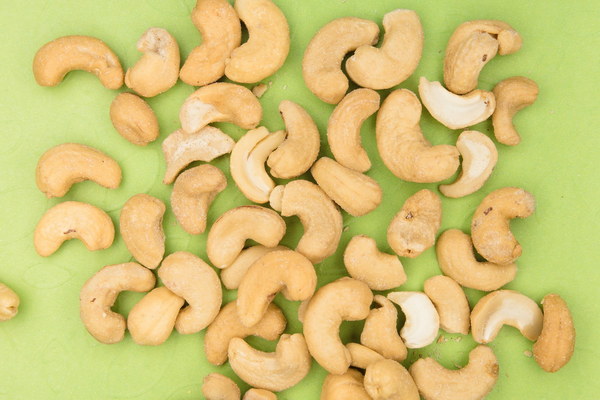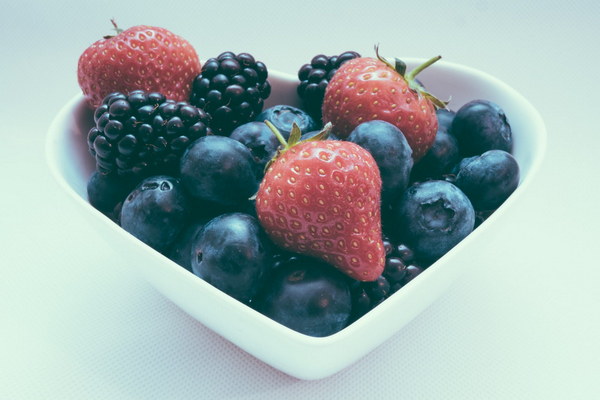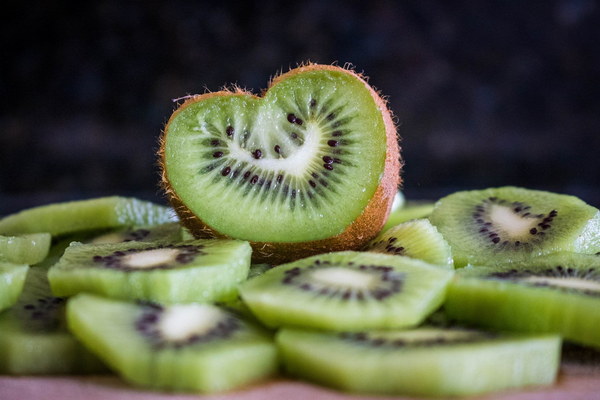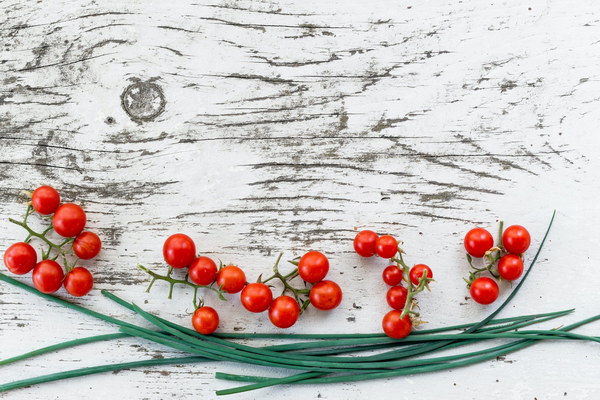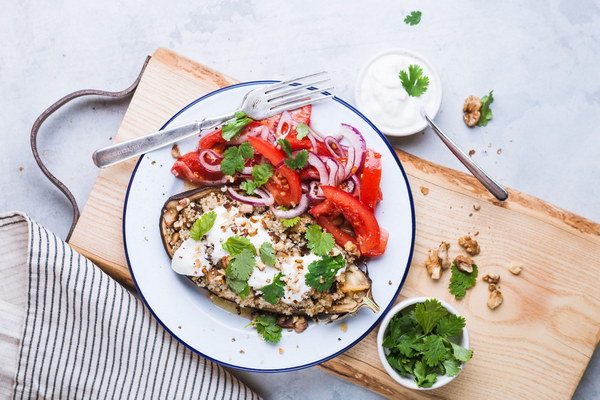Nurturing Your Daughter A Guide to Nutritional Support During Her Period
Introduction:
The menstrual cycle is a natural and essential part of a girl's life. However, it can sometimes bring discomfort and irregularities that may require additional care and attention. As a parent, it's important to support your daughter during this time, both emotionally and physically. One way to do this is by providing her with proper nutritional support. This article will provide a guide on how to nourish your daughter during her period to help alleviate discomfort and promote overall well-being.
1. Understanding the Needs:
During her period, a girl's body goes through various changes that may affect her nutritional requirements. It's essential to understand these changes to provide adequate support.
a. Increased Iron Needs: Menstruation causes blood loss, which means your daughter's body needs more iron to replace the lost red blood cells. Iron deficiency can lead to fatigue and exacerbate menstrual symptoms.
b. Water Intake: Menstruation can cause fluid loss, so it's crucial to ensure your daughter stays hydrated by drinking plenty of water.
c. Vitamin and Mineral Intake: Certain vitamins and minerals play a vital role in maintaining hormonal balance and reducing menstrual discomfort. These include calcium, magnesium, and vitamin D.
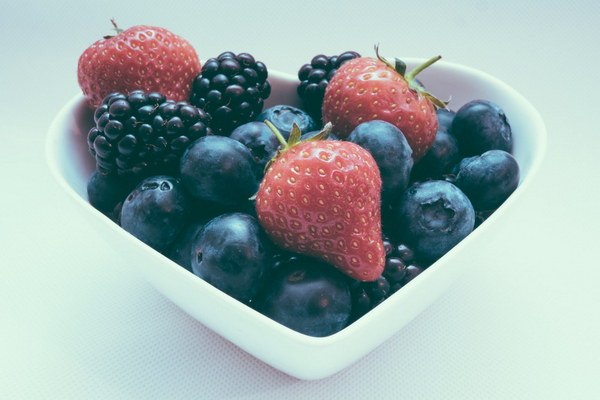
2. Nutritional Tips for Your Daughter:
a. Iron-Rich Foods: Encourage your daughter to consume iron-rich foods such as lean meats, poultry, fish, beans, lentils, tofu, and fortified cereals. Dark leafy greens like spinach and kale are also excellent sources of iron.
b. Vitamin C: Vitamin C enhances iron absorption. Ensure your daughter consumes vitamin C-rich foods like oranges, strawberries, bell peppers, and tomatoes.
c. Calcium: Calcium helps regulate hormone levels and supports bone health. Include dairy products, leafy greens, and fortified foods in her diet.
d. Magnesium: Magnesium can help alleviate menstrual cramps and improve sleep. Incorporate whole grains, nuts, seeds, legumes, and dark chocolate into her diet.
e. Omega-3 Fatty Acids: Omega-3 fatty acids have anti-inflammatory properties that can help reduce menstrual discomfort. Foods rich in omega-3s include fish, flaxseeds, chia seeds, and walnuts.
f. Hydration: Encourage your daughter to drink plenty of water throughout the day. If she prefers, she can consume herbal teas, coconut water, or electrolyte drinks to stay hydrated.
3. Avoiding Unhealthy Choices:
a. Caffeine: Caffeine can exacerbate menstrual symptoms like cramps and fatigue. Limit your daughter's caffeine intake by avoiding excessive coffee, soda, and chocolate.
b. Refined Sugars: Refined sugars can cause fluctuations in blood sugar levels and worsen mood swings. Encourage your daughter to avoid sugary snacks and opt for healthier alternatives like fruits and nuts.
4. Herbs and Supplements:
a. Crampbark: Crampbark is a natural herb known for its pain-relieving properties. It can help alleviate menstrual cramps when taken as a supplement.
b. Chaste Tree Berry: Chaste tree berry is an herbal supplement that may help regulate hormonal imbalances and reduce menstrual symptoms.
5. Conclusion:
Supporting your daughter during her period with proper nutritional care is essential for her overall well-being. By ensuring she gets enough iron, calcium, magnesium, vitamin D, and omega-3 fatty acids, you can help alleviate menstrual discomfort and promote a healthy menstrual cycle. Encourage her to make healthy food choices, stay hydrated, and consider herbal supplements if necessary. Remember that every girl is unique, so it's essential to listen to her needs and provide the support she requires.
